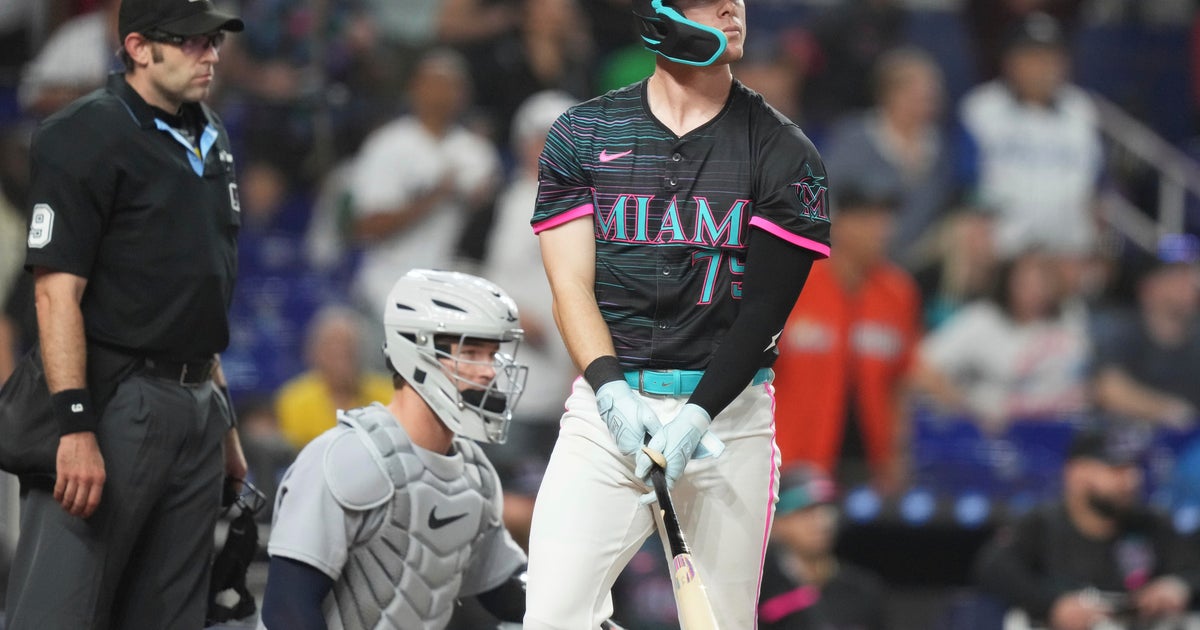Miami bar responds to drag show complaint
TALLAHASSEE — The restaurant, the performer and the person who took a video at the center of a legal fight with Gov. Ron DeSantis’ administration over the presence of children at a drag show brunch in Miami are rebutting the state’s legal complaint claiming lewd and inappropriate conduct.
The performer, who was shown on video leading a young girl during a brunch performance in April, said a parent asked her to take the girl’s hand and walk with her because it was her birthday. The performer accepted, walked with the child “briefly” and then returned her to her parents.
“I would never do anything to hurt a child,” the performer, whose stage name is Poison Ivy, said in sworn testimony submitted Aug. 16 to the Florida Department of Business and Professional Regulation, which is investigating whether the venue should lose its liquor license over the performance. The state agency provided a copy of the response to the Times/Herald this week in response to a public records request.
R House, the restaurant that is under investigation, argued the state should not punish the business because parents decided to introduce their child to “the art of drag queen performances.” The complaint charges that the restaurant exposed minors to “sexually explicit” conduct that “corrupts the public morals and outrages the sense of public decency,” allegations the restaurant disputes as it argues the events in question were lawful and “never put any child at risk.”
“We respect the right of all people to their own opinions; hand in hand with that we believe parental choice is a key matter in these proceedings,” R House said in a statement sent to the Times/Herald. “We are optimistic that, when advised of the full details of our case, the governor will continue his tradition of supporting private enterprise and small businesses.”
R House’s legal response asserts that the venue did not intrude on the rights of others in the community, in part because the conduct was not visible to people who chose not to enter and that the outfits worn by the performers — a thong bathing suit and pasties — are “commonplace for Floridians.”
R House’s attorneys are asking the state for the opportunity to discuss a settlement in the case and is requesting to retain its liquor license.
The state agency said it does not comment on ongoing litigation.
The pop culture defense
The state argued in an Aug. 26 complaint that the “performances simulated sexual activity — particularly when conducted in the presence of young children.” Therefore, the state argued, the conduct “constituted lewd activity and warrants revocation of respondent’s license.”
Citing precedent set by the Florida Supreme Court in 1947 that recognizes that “‘men impersonating women’ in the context of ‘suggestive and indecent’ performances constitutes a public nuisance,” the state also said R House should be “declared a nuisance.”
“Having kids involved in this is wrong and it is not consistent with our law and policy in the state of Florida, and it is a disturbing trend in our society to try to sexualize these young people,” DeSantis said last month in talking about the case. “That is not the way you look out for our children. You protect children. You do not expose them.”
Get insights into Florida politics
Subscribe to our free Buzz newsletter
Political editor Emily L. Mahoney will send you a rundown on local, state and national politics coverage every Thursday.
You’re all signed up!
Want more of our free, weekly newsletters in your inbox? Let’s get started.
Explore all your options
R House, however, said the performances at the venue are impersonations of popular celebrities who regularly perform for the general audience, including minors, “without legal consequences, regardless of provocative choreography and revealing attire.”
“R House does not intend for its entertainment to be sexually oriented, lustful, or indulgent. Rather, its intent is humor, technical proficiency in pantomime and dance, and generally, entertainment,” the restaurant said to the state.
The restaurant said drag performers wear outfits that “cover their genital area, along with their nipples and areolae,” and attached photos of celebrities such as Kim Kardashian and Nicki Minaj, to show how thong bathing suits and pasties are worn in public on a regular basis.
“Nationally and internationally, celebrities regularly wear ‘pasties’ to public events, including the MTV Video Music Awards, Paris Fashion Week, the Met Gala and live concerts (in) which minors are welcome,” the restaurant argued. “When attire and choreography is commonly acceptable in public and on regulated broadcast media, it cannot be ‘manifestly injurious to the morals or manners of the people.’”
R House argued that its performances would have to fall below the standard of morality of the community in which it operates to be deemed a nuisance, as the state claimed.
“No patrons viewing the conduct at R House depicted in the video cited by the state’s complaint were offended,” the restaurant argued.
So, who was offended?
Nonie Kalra, the customer who recorded the video of the drag performance, said in a sworn statement that she was not offended by the performer walking with the young child, and that she felt the girl was “safe at all times.”
Kalra said she did not see “any behavior that might be harmful to minors,” that she did not see “any nudity, nor indecent or obscene behavior,” and that she found the performance to be “acceptable based on community standards of decency.”
After recording the video on April 16, Kalra said she posted the video on TikTok. On July 2, Lauren Chen, a Canadian resident, amplified it on her social media channels, which have tens of thousands of followers. The state began its investigation in early July.
Chen’s critical comments were included in the state’s official complaint, which mentioned a “widely circulated” video on social media that “elicited public outrage.” The state agency also cited an article from the Daily Mail, which is published in London, to highlight the angry reactions from Chen and others who agreed with her.
In its response to the state, R House cited a social media report showing the video’s analytics.
“Only 17% of online activity regarding the video originated in Florida, much of it favorable towards the drag performance,” the restaurant said. “There were no cancellations, complaints, or protests at R House relating to the video, subsequent social media attention, or the state’s complaints.”
The restaurant argued that DeSantis’ administration can only show that the offense was limited to outrage on social media that originated in Canada and Britain — not Florida.
The parental rights defense
The presence of children at drag performances has become a rallying cry for some conservative activists across the country, who argue the issue needs to be treated as child abuse and that businesses should be held accountable.
DeSantis, who is seeking reelection in November and is widely considered to be a top 2024 presidential contender, has led the nation against what conservative critics call “gender ideology,” including supporting and signing legislation that empowers parents to intervene if they suspect instruction of gender identity and sexual orientation in the classroom.
R House argued that parents are deciding what they expose their children to.
“The government should not penalize a minority business because parents chose to introduce their child to the art of drag performances, as is their right guaranteed by the U.S. Constitution and its Amendments, and the Florida Constitution,” the restaurant argued.
R House said it does not “encourage” children to come to the venue but said parents are allowed to bring children and that guests are routinely advised that minors must be accompanied by a parent.



